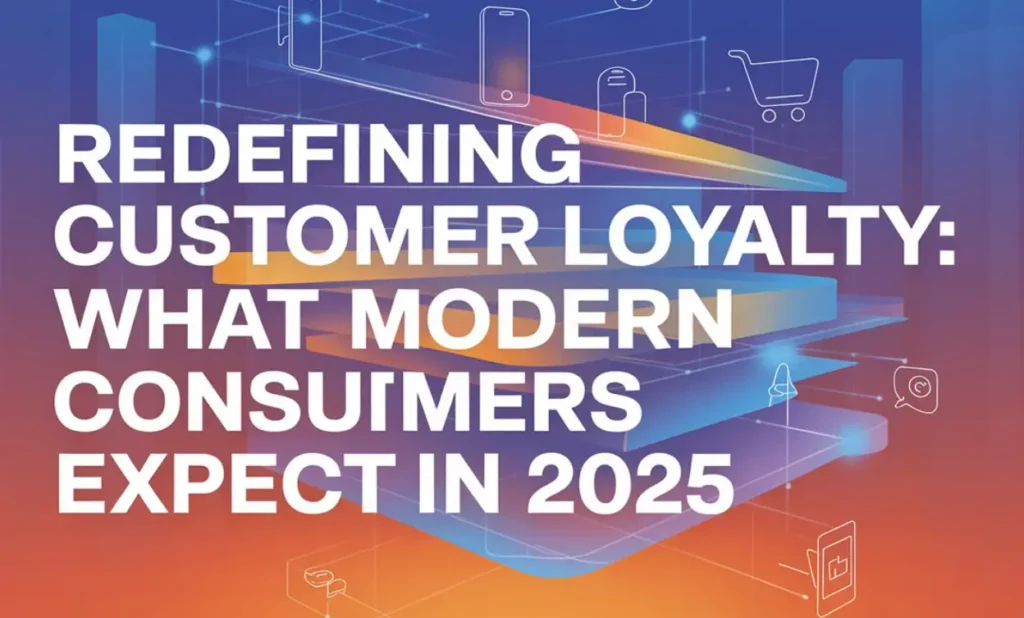
The Evolution of Customer Loyalty in the Digital Age
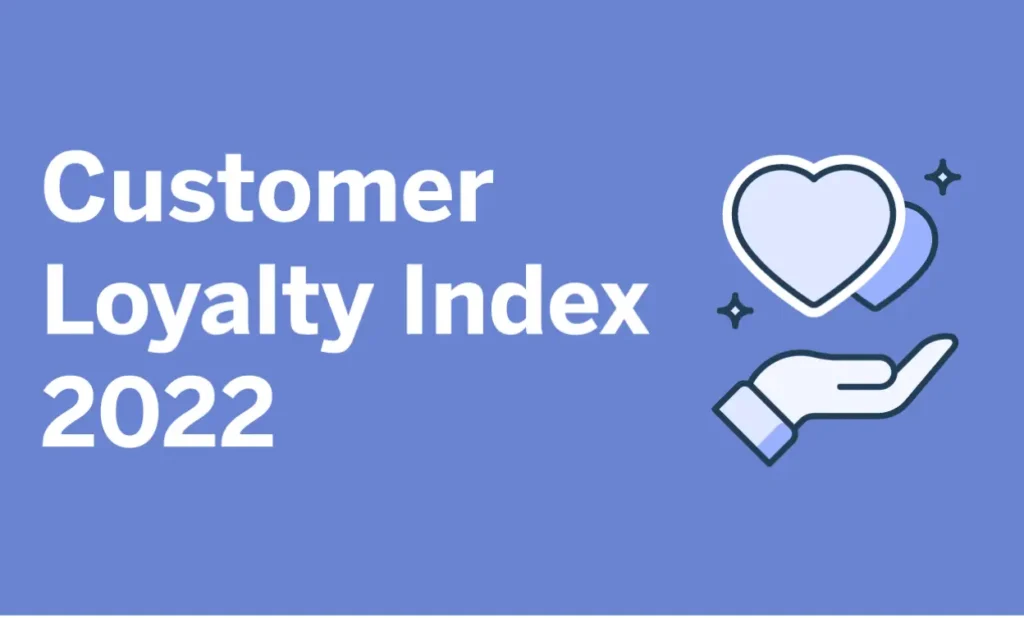
In 2025, customer loyalty is no longer defined merely by repeat purchases or brand affinity. Today’s consumers demand genuine value, personalized experiences, and authentic engagement. Brands that fail to adapt to these evolving expectations risk falling behind. To remain competitive, businesses must embrace a holistic approach that merges technology with human-centric values, ensuring every touchpoint enhances customer satisfaction.
Hyper-Personalization: The Cornerstone of Modern Loyalty Programs
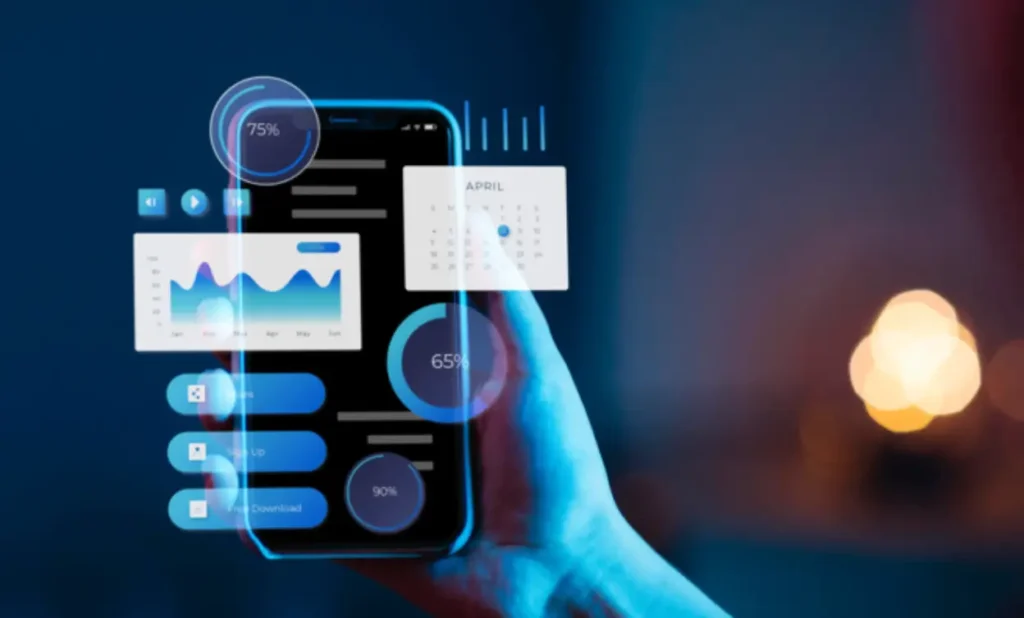
Consumers in 2025 expect tailored experiences that resonate with their unique preferences and behaviors. The era of one-size-fits-all loyalty programs has ended. Companies are now leveraging AI-powered analytics and real-time data to deliver offers and recommendations that feel intimately personalized. For instance, brands use predictive modeling to anticipate customer needs before they arise, creating a sense of being genuinely understood.
Seamless Omnichannel Engagement
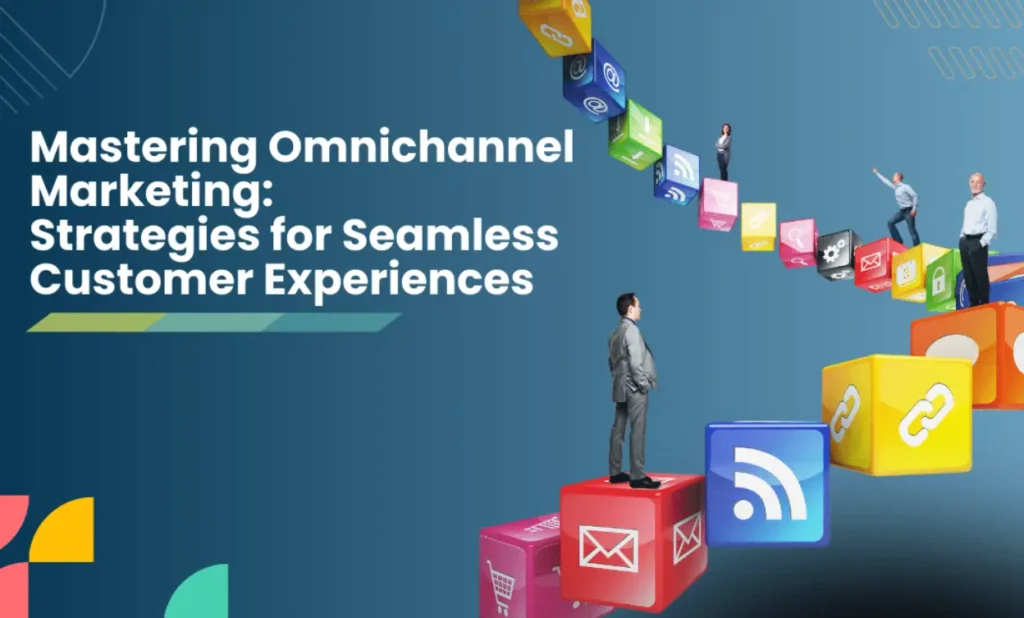
A key expectation of modern consumers is the ability to engage with brands seamlessly across all channels whether online, in-store, via mobile apps, or through social media. Omnichannel strategies ensure consistency and fluidity, allowing customers to switch platforms without disruption. Businesses that integrate cloud-based CRM systems and AI-driven chatbots provide uninterrupted, high-quality service that keeps customers loyal.
Transparency and Ethical Practices: The New Loyalty Drivers
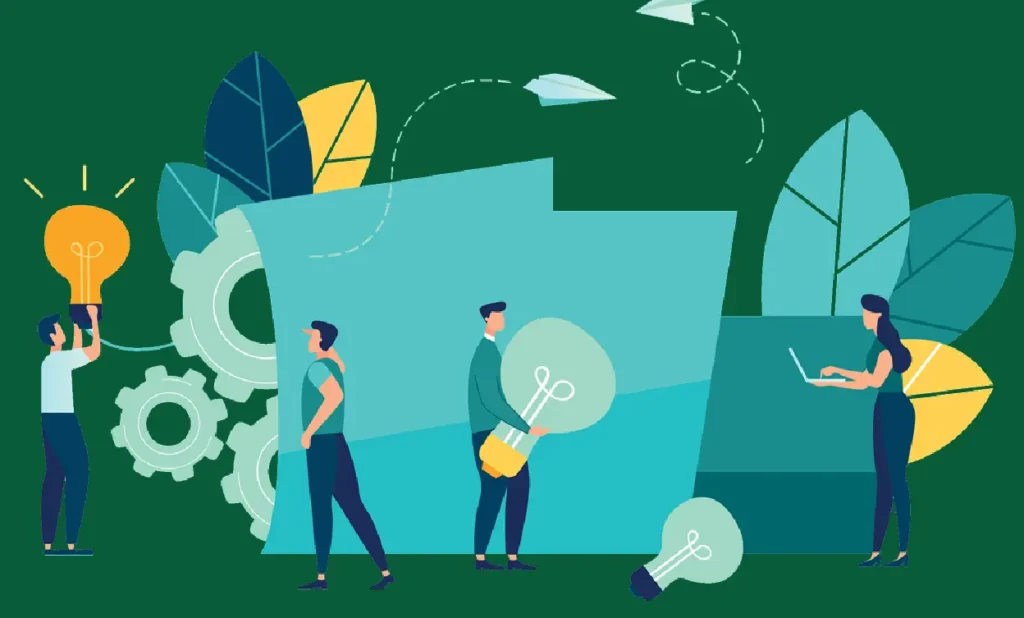
Today’s consumers prioritize brand integrity and ethical responsibility. Transparency in sourcing, manufacturing, and business practices is non-negotiable. Brands that openly share their sustainability efforts, fair labor practices, and eco-friendly initiatives foster deeper trust and stronger loyalty. Certifications, third-party audits, and blockchain-based traceability further reinforce credibility.
The Role of Instant Gratification and Micro-Rewards
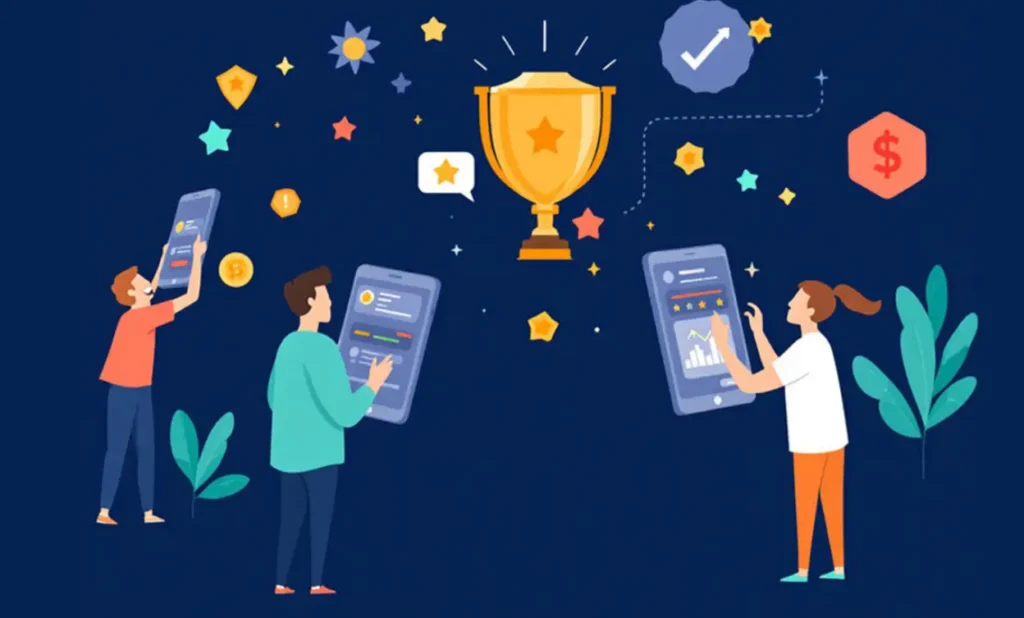
In 2025, the principle of instant gratification plays a crucial role in customer retention. Micro-rewards, such as instant discounts, cashback offers, and real-time perks, keep customers continuously engaged. Brands that incorporate gamification elements like point systems, achievement badges, and surprise rewards tap into consumers’ innate desire for recognition and reward, maintaining sustained interest.
Leveraging Big Data and Predictive Analytics
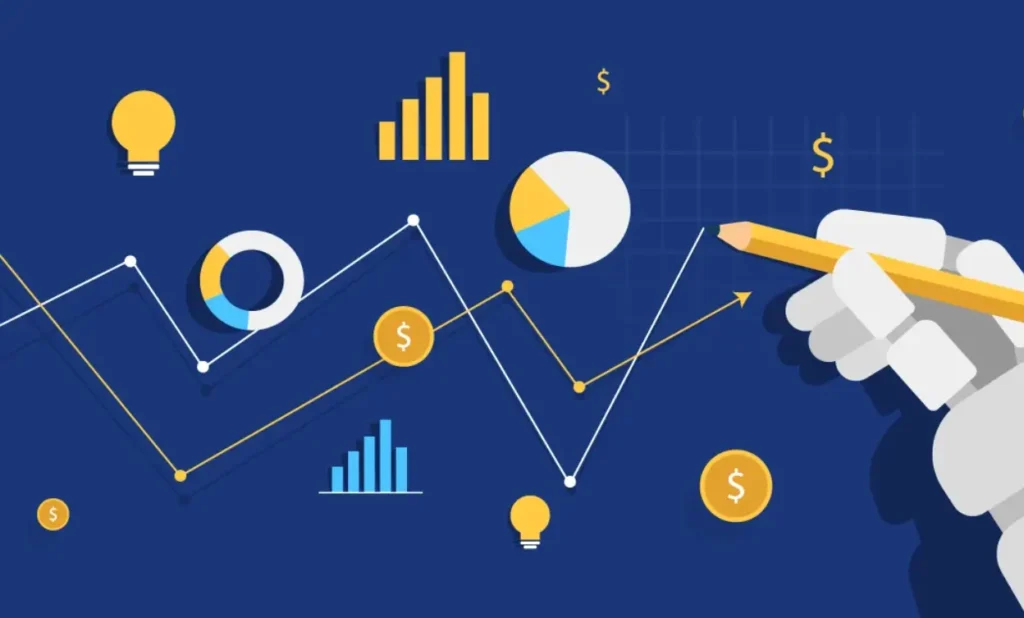
The backbone of modern customer loyalty strategies is big data. By collecting and analyzing massive datasets, brands gain valuable insights into purchase patterns, behavioral trends, and emerging preferences. Predictive analytics empower companies to proactively address customer needs, minimize churn, and enhance satisfaction levels through precise targeting and dynamic personalization.
Sustainability as a Core Pillar of Loyalty
Sustainability is no longer a niche expectation but a core requirement. Brands that embed eco-friendly initiatives into their loyalty strategies such as rewards for recycling, carbon offset credits, or donations to environmental causes resonate deeply with conscious consumers. Demonstrating a genuine commitment to the planet strengthens loyalty and attracts a growing segment of eco-aware buyers.
Future Trends Shaping Customer Loyalty Beyond 2025
Looking ahead, virtual reality (VR) and augmented reality (AR) experiences are set to revolutionize customer engagement. Brands are exploring immersive loyalty programs where consumers can participate in virtual events, earn rewards in the metaverse, and engage in interactive brand storytelling. Additionally, AI-driven emotion detection and personalized health tracking are emerging as innovative ways to deepen customer relationships.
In summary, customer loyalty in 2025 is shaped by personalization, transparency, sustainability, and seamless omnichannel experiences. Brands that invest in technology, ethical practices, and community building are best positioned to win the loyalty of the modern consumer.
